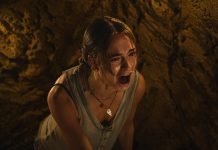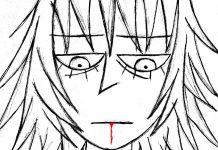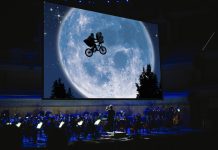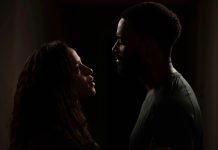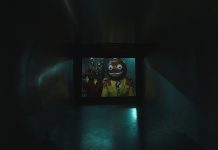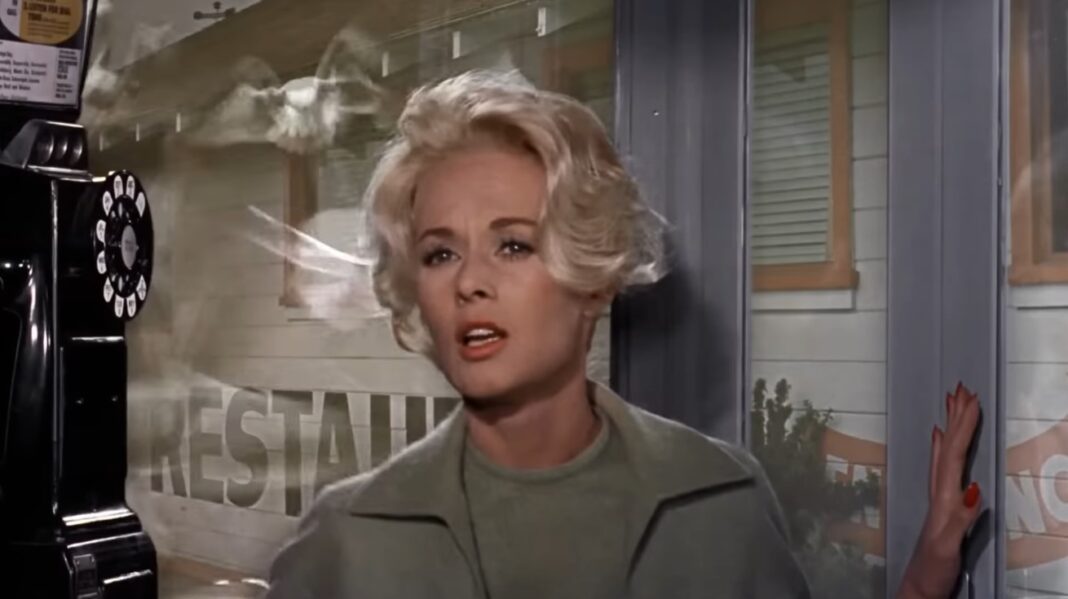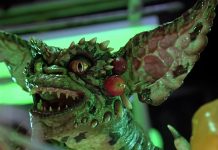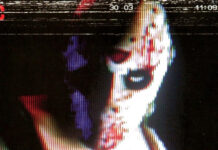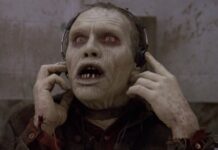Throughout a career that spanned six decades and produced over fifty feature films, Alfred Hitchcock managed to cultivate a resume that is widely regarded as one of the most influential and esteemed in cinema history. His legacy has endured far beyond his life, thanks partly to his characteristic style of filmmaking, which was unparalleled and bold. Though many cinephiles consider classics such as Vertigo, Rear Window, and Psycho when determining the upper echelon of his creations, one film sits at the pinnacle of disquieting, eerie tension-building: 1963’s The Birds.
Based partly on Daphne du Maurier’s 1952 novella of the same name and (alarmingly) on a real-life event, The Birds stars Hollywood Golden Age icons Tippi Hedren, Rod Taylor, and Jessica Tandy (and, of course, Hitchcock making one of his brief, signature cameos). Hedren plays San Francisco socialite Melanie Daniels, who has a chance encounter with lawyer Mitch Brenner (Taylor) at a pet store. He’s looking to buy a pair of lovebirds for his younger sister’s birthday. Their interaction is brief and rather unusual, and Mitch eventually leaves without buying anything. Melanie then takes it upon herself to purchase the lovebirds and spontaneously drives to Bodega Bay, CA, where he lives, to present them to him.
Once there, Melanie goes through a great deal of investigating to locate Mitch and soon becomes involved with him and his family. Shortly after her arrival, though, they and the citizens of Bodega Bay begin to notice birds behaving oddly. It starts innocuously, with talks of hens refusing to eat and a gull crashing into their front door, but then quickly escalates to an inexplicable all-out assault.
While Spielberg’s Jaws may reign as king of the killer animals genre, one can’t argue with the ominous nature of the plot of The Birds, especially when considering the true event it’s based on. In August of 1961, in the small coastal California town of Capitola, residents awoke to seabirds behaving erratically; crashing into homes and vehicles, dive-bombing and pecking at those who were outside, and spewing half-digested fish onto lawns. As quickly as the event began, it resolved, with the birds’ unexplained behavior returning to normal by the next day.

An investigation later determined that the incident was brought on by the birds ingesting toxic algae. Hitchcock, intrigued by newspaper and media accounts of what took place, was inspired. He brought in screenwriter Evan Hunter, and the two developed the original script for The Birds using information from the Capitola event and snippets of the novella’s storyline. It’s rumored that Hitchcock and Hunter had several disputes over creative and visionary differences and that Hitchcock reportedly cut out the last ten pages of the script in order to achieve the famously ambiguous ending.
RELATED: Jordan Peele’s Fourth Feature Film to Release on Christmas 2024
Many of Hitchcock’s most renowned filming styles and themes are heavily utilized in the movie, including his use of POV shots and carefully crafted editing to achieve a sense of foreboding for the audience. The central theme of love is thoroughly explored, not just with Mitch and Melanie’s budding romance but also with other pivotal people in his family, like his mother, younger sister, and even his ex-girlfriend. This plays into another common Hitchcockian subject matter of strong female characters, who sometimes come across as domineering towards the men in their lives.
What truly makes Hitchcock’s The Birds stand out is that slow burn, tension-filled buildup throughout the story. There are just as many genuinely terrifying moments during the quieter scenes as there are with the all-out chaotic ones that delve into the actual attacks the birds make on the residents of Bodega Bay. A thick blanket of dread envelopes the entire film, cloaking the audience with captivating apprehension. We are there with the characters as they come to the slow, chilling realization that something is very wrong. Not only that but what’s amiss has to do with typically banal creatures that we, without question, take for granted as being unobtrusive and inconsequential.
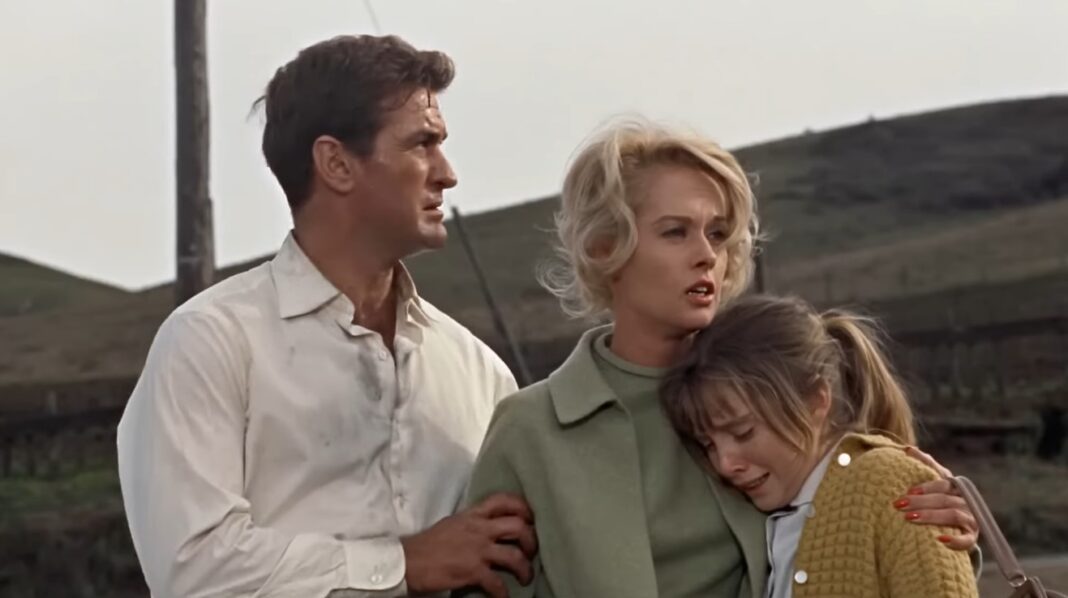
This is part of what makes The Birds legitimately frightening. There’s a universal and integrally carnal understanding as to why sharks, bears, and reptiles are regarded as a threat to us as humans. Birds, on the other hand, are supposed to be harmless, alluring, and even entertaining. We keep them as pets, watch them through binoculars as a hobby, and see them as symbols of peace and freedom. We step outside to partake in our normal, everyday lives and routines with near-arrogant confidence that our safety won’t be threatened. No one would ever think our lives would be at stake from our fine feathered friends…that is, unless you’ve seen Hitchcock’s The Birds. As outlandish as the story seems, the movie never once incites haughty scoffs or eye-rolling annoyance. You become so enraptured by what’s taking place, and the restrained, deliberate way in which it’s delivered, that there’s never any room to question the validity.
RELATED: Why ‘Willard’ (2003) Is a Creepy Allegory About Classism
That’s not to say there aren’t moments of silliness that haven’t aged well over the last sixty years. However, Hitchcock himself made it known that his intention was to include comedic moments in order to lull the viewer into a false sense of security before pulling the rug out. He wanted scenes that would cause nervous laughter from the audience and allow them to question what type of movie they were seeing. He didn’t go overboard with the lighter scenes, though, to ensure that it wasn’t ever mistaken for comedic folly.
When you take that random summer day in the quaint town of Capitola into consideration, you realize there’s nothing preposterous about the scenario at all. Unlike the fate of several characters in the movie, no humans were killed during the bird attacks in 1961. In the end, though, who is to say it couldn’t happen again, and with deadlier results?
Something to ponder the next time we take a stroll outside and hear the sounds of birdsong overhead.

